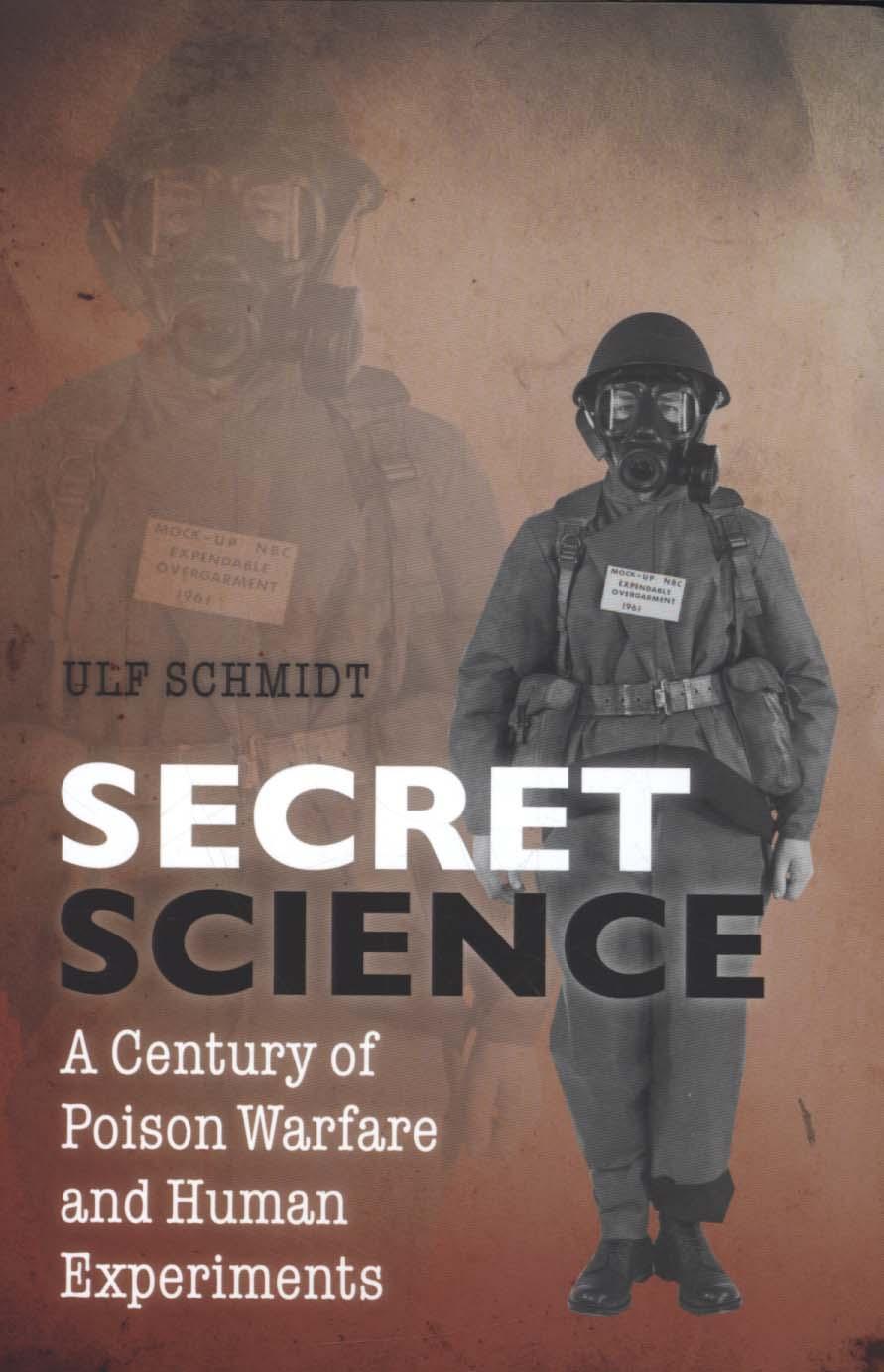Secret Science

Secret Science
harmful, and in isolated cases deadly.
Secret Science traces, for the first time, the history of chemical and biological weapons research by the former Allied powers, particularly in Britain, the United States, and Canada. It charts the ethical trajectory and culture of military science, from its initial development in response to Germany's first use of chemical weapons in the First World War to the ongoing attempts by the international community to ban these types of weapons once and for all.
It asks whether Allied and especially British warfare trials were ethical, safe, and justified within the prevailing conditions and values of the time. By doing so, it helps to explain the complex dynamics in top-secret Allied research establishments: the desire and ability of the chemical and biological warfare corps, largely comprised of military officials, scientists, and expert civil servants, to construct and identify a never-ending stream of national security threats which served as
flexible justification strategies for the allocation of enormous resources to conducting experimental research with some of the most deadly agents known to man.
Secret Science offers a nuanced, non-judgemental analysis of the contributions made by servicemen, scientists, and civil servants to military research in Britain and elsewhere, not as passive, helpless victims 'without voices', or as laboratory and desk perpetrators 'without a conscience', but as history's actors and agents of their own destiny. As such it also makes an important contribution to the burgeoning literature on the history and culture of memory.
PRP: 170.00 Lei
Acesta este Pretul Recomandat de Producator. Pretul de vanzare al produsului este afisat mai jos.
153.00Lei
153.00Lei
170.00 LeiLivrare in 2-4 saptamani
Descrierea produsului
harmful, and in isolated cases deadly.
Secret Science traces, for the first time, the history of chemical and biological weapons research by the former Allied powers, particularly in Britain, the United States, and Canada. It charts the ethical trajectory and culture of military science, from its initial development in response to Germany's first use of chemical weapons in the First World War to the ongoing attempts by the international community to ban these types of weapons once and for all.
It asks whether Allied and especially British warfare trials were ethical, safe, and justified within the prevailing conditions and values of the time. By doing so, it helps to explain the complex dynamics in top-secret Allied research establishments: the desire and ability of the chemical and biological warfare corps, largely comprised of military officials, scientists, and expert civil servants, to construct and identify a never-ending stream of national security threats which served as
flexible justification strategies for the allocation of enormous resources to conducting experimental research with some of the most deadly agents known to man.
Secret Science offers a nuanced, non-judgemental analysis of the contributions made by servicemen, scientists, and civil servants to military research in Britain and elsewhere, not as passive, helpless victims 'without voices', or as laboratory and desk perpetrators 'without a conscience', but as history's actors and agents of their own destiny. As such it also makes an important contribution to the burgeoning literature on the history and culture of memory.
Detaliile produsului









